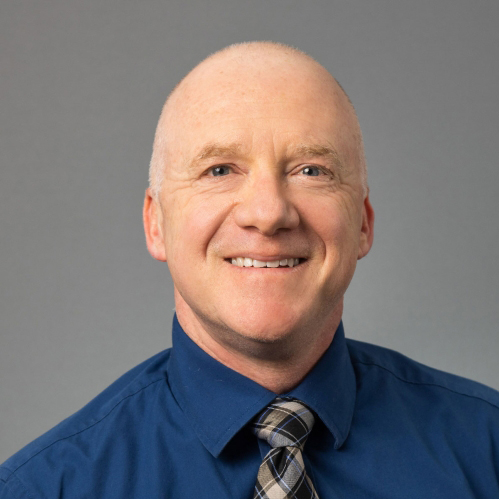
Timothy Cleary
Dr. Cleary is an expert in self-regulated learning (SRL) theory, assessment, and intervention. He has developed a multi-dimensional SRL assessment system and has conducted SRL research in athletic, academic, and medical education fields for over the past decade. Dr. Cleary has published close to 40 peer-reviewed journal articles, book chapters, and books related to self-regulated learning (SRL), serving as the lead or sole author on the majority of publications. He is a co-editor of an SRL book, Applications of Self-Regulated Learning across Diverse Disciplines: A Tribute To Barry J. Zimmerman (Information Age Publishing, 2013), and the sole editor of a book, Self-Regulated Learning Interventions with At-Risk Youth: Enhancing Adaptability, Performance, and Well-Being (APA Press, in press). Dr. Cleary has received several grant awards over the past few years to support his research initiatives, with his most recent award coming from the Spencer Foundation.
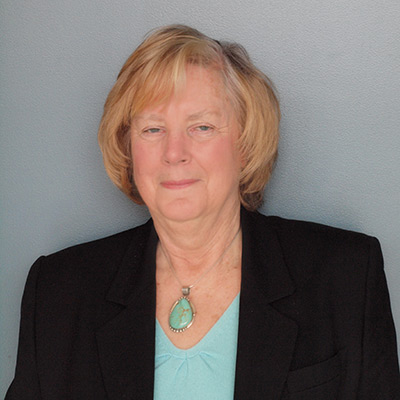
Margaret Midge Cozzens
Midge holds a Ph.D. and M.S. in Mathematics from Rutgers University and a B.A. in Mathematics and English from the University of Rochester. She has taught at various institutions, including Northeastern University, Harvard University, and the University of Colorado at Denver, where she held leadership positions, including Vice Chancellor for Academic and Student Affairs and Provost. Previously, Midge worked with the National Science Foundation as Director of the Division of Elementary, Secondary, and Informal Science Education. Midge also served on the Board of Directors of the Wings Over the Rockies Air and Space Museum, the Securis Corporation, and the Board of Trustees of the Consortium on Mathematics and its Applications (COMAP).
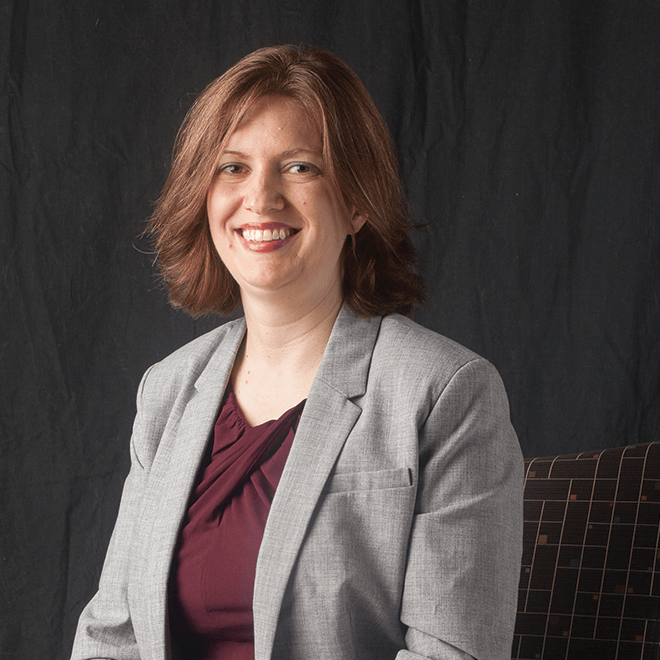
Stephanie Cronenberg
Stephanie Cronenberg, Associate Professor of Music, was appointed to the Mason Gross School of the Arts faculty in 2016. She currently serves as the MGSA Director of Research, the Area Head of Music Education, and the faculty contact for the MGSA Arts Management and Leadership Minor. Dr. Cronenberg specializes in narrative, survey, and mixed methods approaches to social inquiry. Her research interests emerge from her teaching practice and currently focus on middle level arts learning, general music, mixed methods research practices, and current teacher education practices. In 2022, she published her first book, Fertile Ground in Middle Level General Music. Her 2016 mixed methods dissertation, Music at the Middle: Principles that Guide Middle Level General Music Teachers, received third place in the 2017 Outstanding Dissertation Award Competition hosted by the AERA Mixed Methods Special Interest Group. Her recent research projects focus on middle level arts education, teaching middle level general music and the methodological implementation of the dialectic stance in mixed methods inquiry. Her research has been published in Arts Education Policy Review, Bulletin for the Council on Research in Music Education, International Journal of Music Education, International Journal of Research and Method in Education, Journal of Mixed Methods Research, and Research in Middle Level Education Online. Read the online final report from a grant-funded national middle level music education survey.
Prior to her appointment at Rutgers University, Dr. Cronenberg taught 7th and 8th grade general music at Campus Middle School for Girls as well as undergraduate and graduate courses at the College of Education and School of Music at the University of Illinois at Urbana-Champaign. Prior to 2011, she served as Director of Education and Community Programs at The Choral Arts Society of Washington (DC) and taught 4th through 7th grade general music at Holton-Arms School in Bethesda, MD.
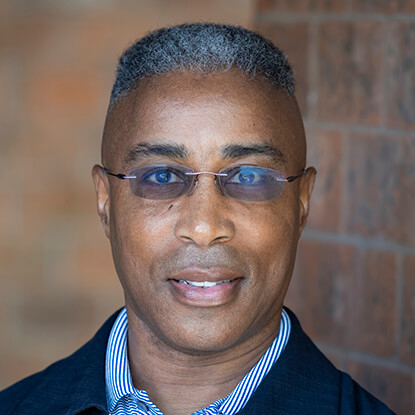
Frederick Curry
An expert in dance pedagogy, Laban/Bartenieff studies and somatics, Frederick Curry has led workshops and presented at conferences internationally including in Belgium, Canada, Denmark, France, South Korea, Switzerland, Uganda, the United Kingdom, and throughout the United States. He is on faculty at the Dance Education Laboratory at the 92nd Street Y (New York City) and is Assistant Editor for Dance Education in Practice journal, published by Taylor & Francis. Frederick served on the Board of Directors of the National Dance Education Organization (NDEO) and is a member of the NDEO Inclusion, Diversity, Equity & Access Committee. He coordinated the Modular certification program at the Laban/Bartenieff Institute of Movement Studies (New York City) is a Polestar Pilates Educator, and a National Pilates Certification Program Commissioner.
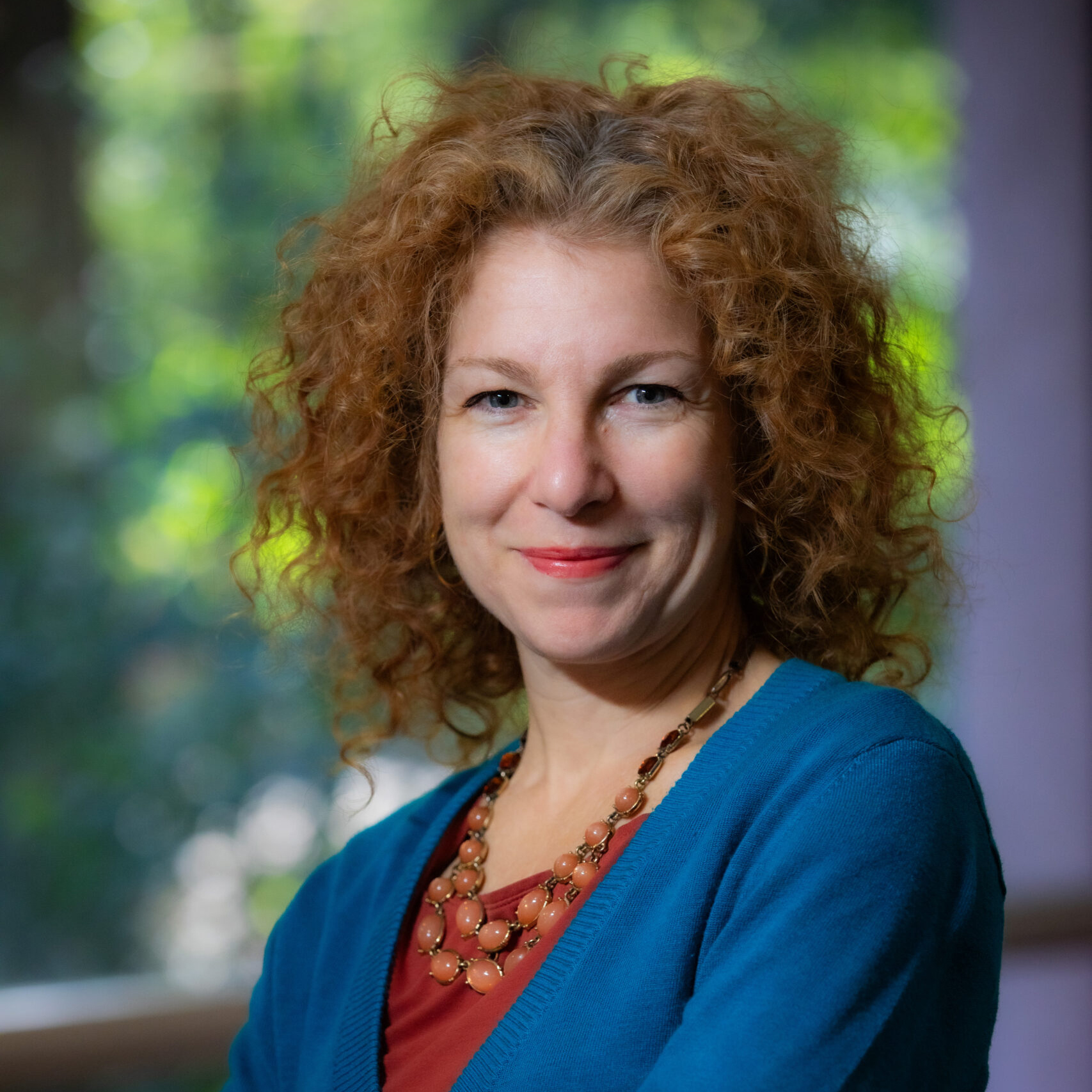
Ravit Duncan
Ravit Golan Duncan is a professor of Learning Sciences and Science Education. She has several research foci that all involve the design and study of learning environments to support deeper and more meaningful science learning. Her work centers students’ epistemic reasoning and engages students in science learning that values students’ expertise and agency. She also coordinates and teaches in the certification program in biological sciences at Rutgers University and provides professional development workshops to interested local districts and through her research projects to participating districts.
- Biology for Community is an NSF funded project to develop consequential and justice-oriented learning environments in biology for middle and high school students. https://b4cstaging.wpenginepowered.com/
- Scaffolding Explanations and Epistemic Development for Systems is an NSF funded project to support middle school students’ use of evidence to evaluate or refine their scientific models. https://modelingandevidence.org/
- Promoting Reasoning and Conceptual Change in Science is an NSF funded project to support students’ epistemic reasoning with and about modeling and argumentation in science. http://www.praccis.org/
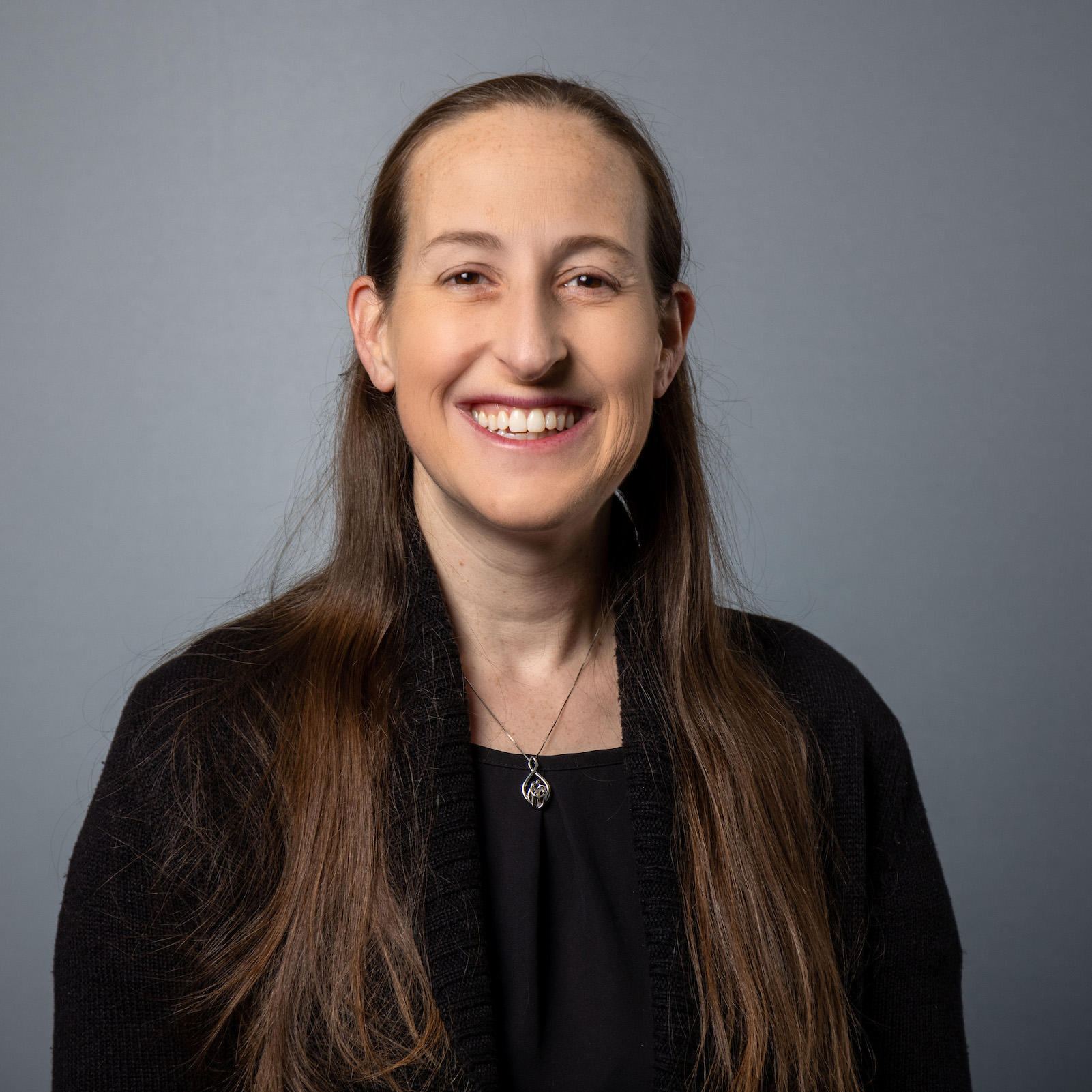
Mary Emenike
Mary Emenike is an Assistant Professor of Professional Practice in the School of Arts and Sciences and the Department of Chemistry and Chemical Biology. She earned her Ph.D. in chemistry education research (CER) from Miami University in Oxford, OH, and her B.S. degree in chemistry from Nazareth College in Rochester, NY.
Mary serves as the Director of the TRIAD Coalition within SAS’s Office of STEM Education. She collaborates with faculty members to transform courses, evaluate course transformations, and assess student learning in chemistry and other STEM courses. Mary is part of the leadership team for Rutgers’ Active Learning Community and serves on SAS’s Assessment Committee.
Mary is PI on an NSF-funded project: Preparing STEM Leaders at Rutgers University (project website).
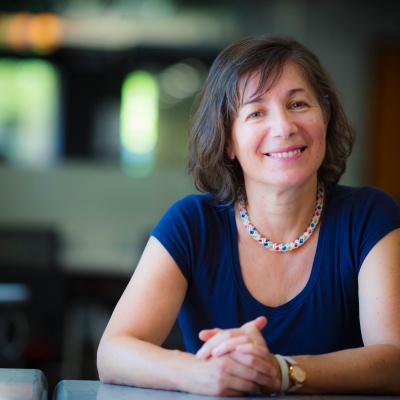
Eugenia Etkina
She holds a PhD in physics education from Moscow State Pedagogical University and has 38 years of experience teaching physics. She is a recipient of the 2014 Millikan Medal, awarded to educators who have made significant contributions to teaching physics by the American Association of Physics Teachers and of the 2010 AAAS award for the best science teaching technology resource for the physics website that she co-developed with D. Brookes.
In 1988, while teaching in Russia, she created a system in which students learn physics using processes that mirror scientific practice. The approach was enriched by her collaboration with A. Van Heuvelen in 2000 which led to the development of Investigative Science Learning Environment (ISLE)– a unique approach that engages students in learning physics by practicing it from the first day of class.
The ISLE approach is implemented in the textbook “College Physics: Explore and Apply” by Etkina, Planinsic and Van Heuvelen and supporting Active Learning Guide and Instructor Guide. The book and other ISLE-based curriculum materials are used in US, Canada, Mexico, Slovenia, Croatia, Sweden, Indonesia, Kenya, and many other countries.

Janice Gobert
Janice Gobert, Ph.D., Professor of Educational Psychology develops technology for learning that makes use of AI, including data mining and eye tracking. With seven patents for her technology, her cutting edge work focuses on personalized learning of science and assessment to replace traditional tests, which are unable to assess students’ competencies at authentic science tasks. In essence, the technology makes use of students performing a complex task and tracking metrics on how well they perform science as opposed to reciting rote facts on multiple choice tests. In working on virtual experiments, students can be evaluated in what is called real-time performance assessment. The results and metrics obtained from this technology is then compared to what students write and used to provide each student with the personalized help they need to succeed in the science classroom. By using AI-based, big data techniques, Gobert is able to obtain personalized learning metrics to learn exactly what and how students are learning, which can then trigger the system to provide personalized help via a digital agent named Rex, as well as alert the teacher in real-time so that they can offer support on the spot. Gobert is a strong believer in tailoring content to the student so as to maximize understanding, especially if a student, and one who is underrepresented, is falling behind. This technology is currently in 50 states, with some being research sites and others trial sites.
Gobert studied psychology during her undergraduate years with a deep focus on experimental and cognitive psychology. Propelled by her interest in learning how people understand visually rich diagrams, she went on to pursue her master’s and Doctorate in Cognitive Science. Gobert believes that education has the potential to be a great equalizer and aims to further her goal of deeply investing in future citizens. She currently teaches Psychology of Learning and Inquiry II and constantly looks to bring her students to the cutting edge of what technology can offer them for their research and future career goals. Gobert considers teachers’ love and implementation of her technology to be one of her most significant professional achievements.
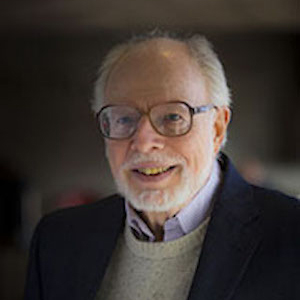
Gerald A. Goldin
Gerald Goldin, Ph.D. received his B.A. in 1964 magna cum laude in chemistry and physics from Harvard University, his Ph.D. in 1969 in theoretical physics from Princeton University, and studied the learning of mathematics at the University of Pennsylvania (Penn). He coordinated the program in Mathematics Education at Penn, and in Science Education at Northern Illinois University, before joining the Rutgers University faculty in 1984. He is currently affiliated with three departments as Distinguished Professor of Mathematics Education, Mathematics, and Physics. With over 200 scholarly publications, his research spans these three fields.
He has served as Director of Rutgers’ Center for Mathematics, Science, and Computer Education, and as University Director for Science and Mathematics Partnerships. He organized and directed New Jersey’s Statewide Systemic Initiative in Mathematics, Science, and Technology Education. Subsequently he served as Director of MetroMath: The Center for Mathematics in America’s Cities. These activities reflect his commitment to achieving both excellence and equity in STEM education.
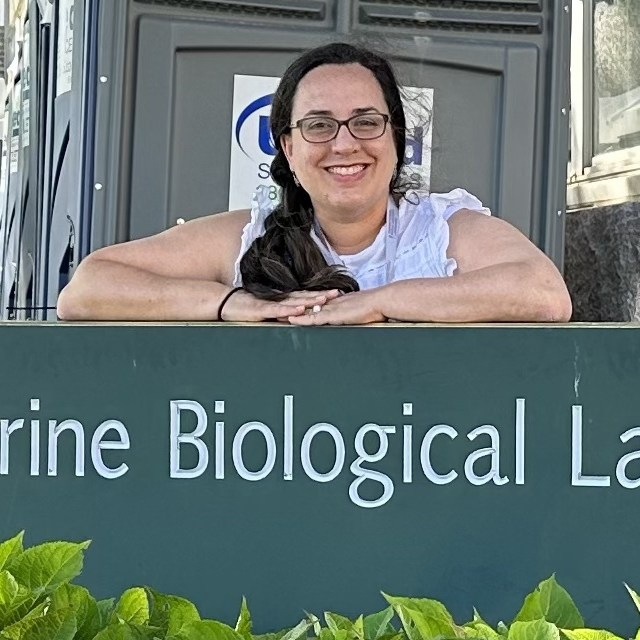
Patricia Irizarry Barreto
Dr. Irizarry is a molecular biologist and science educator. She earned her PhD in molecular biology from Robert Wood Johnson Medical School and she has B.A. in Biology from the University of Puerto Rico-Mayaguez. At present, she is the Rutgers Science Explorer Coordinator and Associate Director of the Rutgers Geology Museum.
I am a scientist, educator, and STEM advocate. After a career in Outreach and Science Communication, I recently joined the Soto Lab to investigate cellular polarity and branched actin in C.elegans.
I am currently characterizing the nuclear-promoting factors (WAVE, WASH, and WASP) that are present in C. elegans. Our goal is to understand how NFPs work and affect the trafficking of cargo proteins and to learn more about the signaling cascades that regulate their function. In addition, I have the privilege of being the program support coordinator for the INSPIRE Program.
Pagination
- Previous page
- Page 2
- Next page